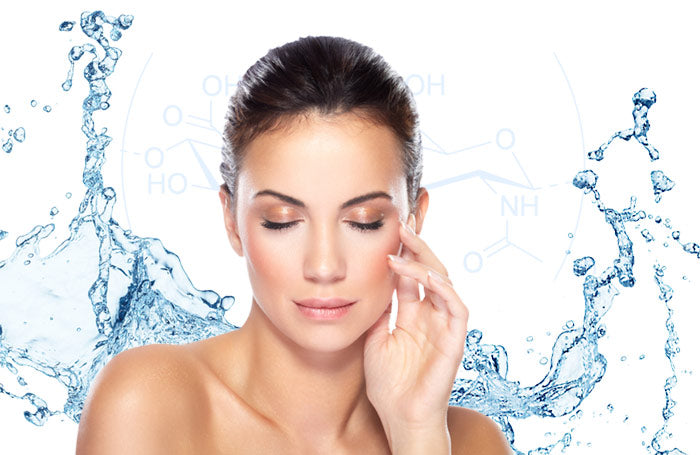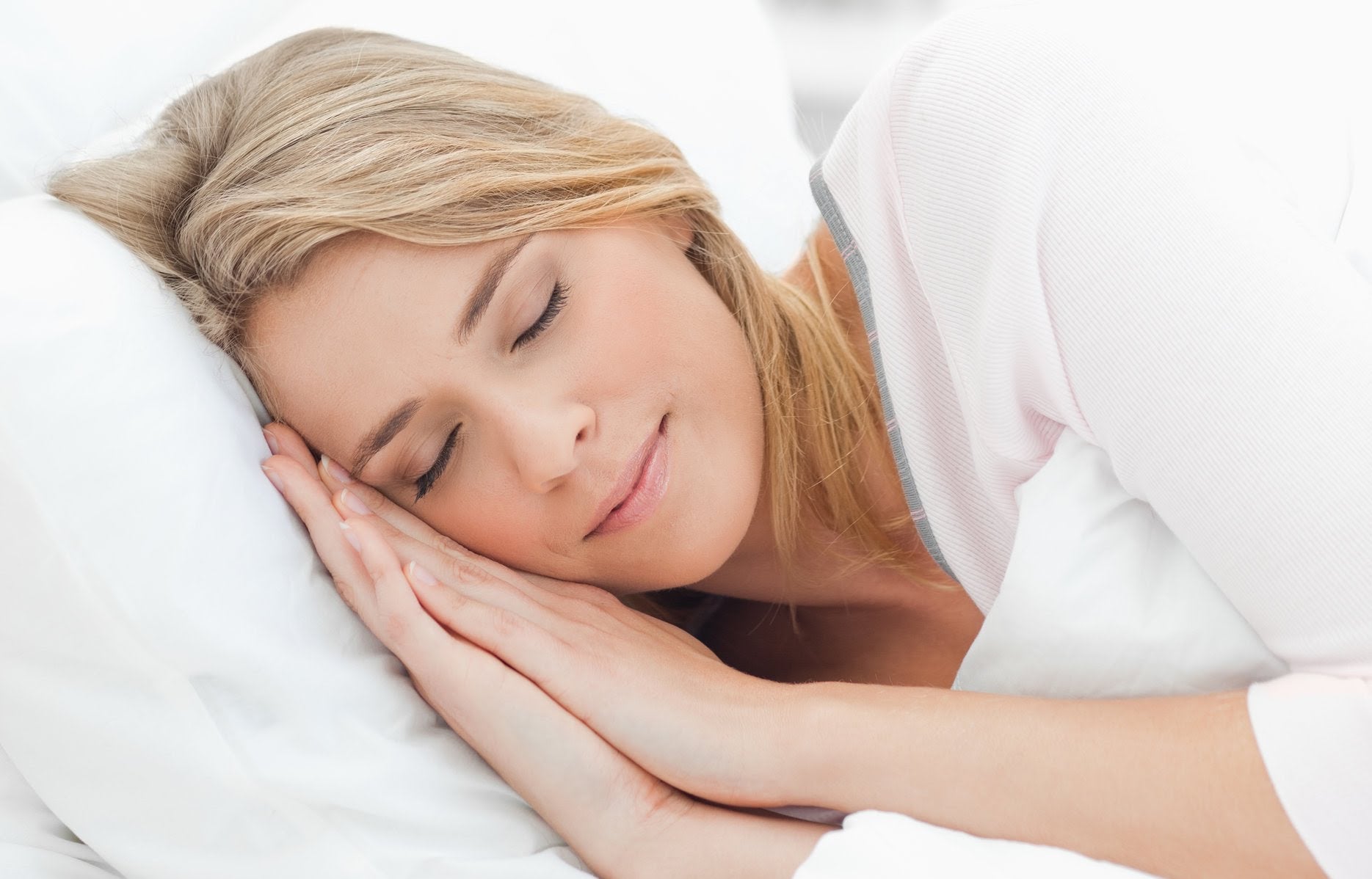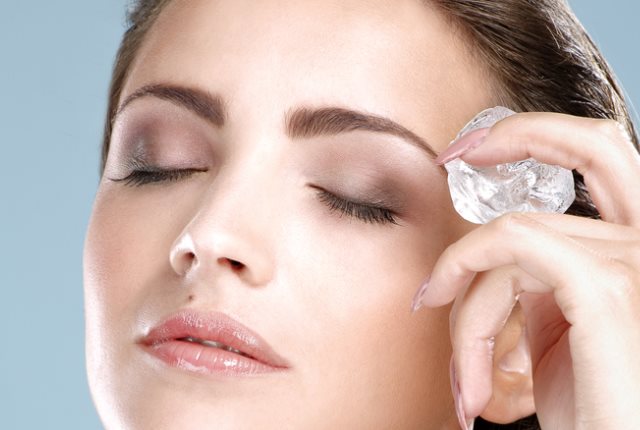
Hydrating your Skin from Within and a few Moisturising Tips
Skin experts are always banging on about drinking enough water. Maybe you’re at the eye-rolling stage, because you’ve heard it so often. But here’s a challenge: monitor your fluid intake (caffeinated, alcoholic and sugary beverages don’t count) over a couple of days to see if you’re actually hitting the mark of about two litres a day. Chances are you’re falling short, and it will show in your skin.
Facts about water
Your body is about 60% water.[1] Water helps to keep blood flowing, which transports nutrients and oxygen throughout your body. It regulates body temperature, keeps joints cushioned and moving, muscles working, lungs breathing and organs protected. Even your bones contain water. It’s is an essential component of life – you can survive without food for far longer than you can without water.
Water is constantly leaving your body, through exhaled air, sweat and urine – on average about two litres a day. You lose even more in hot weather, when you’re exercising and when you work in an air-conditioned environment. An hour of gardening, sweaty exercise or chasing after the kids can bump your daily water loss up by a couple of cups. Flying is particularly dehydrating; it’s estimated that a 10-hour flight will suck 1.5 litres out of the average woman.
What happens when you don’t get enough water?
If your body doesn’t get enough water, it becomes dehydrated. Dehydration can hinder your body’s ability to regulate its own temperature, make your brain foggy, increase your heart rate and make you dizzy. It also dehydrates your skin, giving it a ‘crepe paper’ look.
Research also suggests that chronic dehydration could be the root cause of a number of diseases associated with ageing, such as arthritis, gastrointestinal disorders and even dementia. [2]
To cope with inadequate water intake, your brain tells your kidneys to save water like crazy. So when you do finally get around to drinking water, you’re staring down the barrel of fluid retention – we’re talking puffiness that hides cheekbones entirely. The only thing that will turn off the fluid retention is drinking enough water. So even if you’re feeling squishy and puffy, keep on sipping. Your kidneys will soon get things back to normal.
How much is enough?
As a general guide, for every 1kg of body weight you should drink 0.033 litres of water. If you’re 60kg, that means about two litres of water a day. Herbal teas and other non-caffeinated beverages count towards your total.
Drinking enough water needs to become a habit, like cleaning your teeth and eating meals. The easiest strategy is to drink a tall (400ml) glass of water with every meal and snack. If you have three meals and two snacks a day, you’ll hit the mark with water consumption.
Can you have too much of a good thing?
Drinking too little water is a problem for most of us, but some people get carried away and drink too much water. When this happens, there’s a risk of sodium depletion and the dilution of essential electrolytes in the bloodstream.
Symptoms of excess water consumption can include anxiety, headaches, muscle twitching and weakness. There may also be low blood pressure, a racing heart, nausea and cold clammy skin. So there’s a strong case for sticking to your two litres a day, with a bonus couple of glasses if you’ve been hiking, biking, running or flying.
How does alcohol and coffee come into the equation?
It’s easy to assume that other liquids can be substituted for water; after all, liquid is liquid. Not so. Alcohol and caffeine act as diuretics, which actually wash water from your body by way of peeing. So you need to drink even more water to compensate for the loss they incur. For every mojito or cheeky sauvignon you enjoy, you need another glass of water to offset the negative effects of imbibing. Always ask the waiter for a glass of water when you order your tipple.
Is tap water good enough to drink?
Good old Kiwi tap water is generally safe to drink, however if you’re on rural tank water a filter may be a good idea to screen out nasties like Giardia. A reputable water filter company will give you the low down on what the filter removes and what it leaves in. Some urban dwellers like to filter their tap water, to remove the chlorine taste. The easy way to do this is to boil your drinking water and keep it in the fridge.
Remember to run your water filter for 30 seconds or so when it hasn’t been used for a while (overnight, for example). This helps to ensure you don’t drink water that’s been sitting around too long. Once chlorine has been removed from water, it’s susceptible to invasion by bacteria and other microorganisms.
What about bottled water?
Bottled water may bring mountain streams and waterfalls to mind, but the reality is usually something less inspiring. A lot of bottled water comes from the same place tap water does - municipal water facilities. It’s usually filtered, purified or distilled with minerals added or subtracted for taste.
If you want water from underground wells, keep an eye out for words like ‘spring’, ‘artesian’ or ‘mineral’ on the label. To be called mineral or spring water, the water must come from an underground source. Sparkling water is any kind of water (either from a spring or tap) that has been carbonated with CO2. If the label just reads ‘sparkling water’ without giving a place of origin, you can assume it’s from a tap.
Moisturising
To support your skin's health it’s also worth maintaining a regular moisturising regimen. Okana have to natural moisturisers that can help;
High Antioxidant Natural Day Moisturiser - We use only fresh and natural ingredients for this lightweight cream to become your ‘go to’ cream for everyday wear. It uniquely contains active carrot and tomato juices, harnessing their antioxidants and vitamins to benefit every skin type. Our minimal approach ensures our moisturiser has only two oils – apricot oil and olive oil in their highest concentration to provide you with maximum nutrients.
Natural Berry Night Moisturiser - This nutrient-packed, rich and sumptuous facial cream will help restore and transform your complexion, supplying vital nutrients while you sleep. Berries are well-known for their health benefits, and our superfood nutrient-rich berry juice, along with our macadamia nut and apricot kernel oil, make this cream ultra-hydrating for a more youthful appearance
Tip: See our article: 3 Berries with Incredible Skin Care and Health Benefits
References





Leave a comment
This site is protected by hCaptcha and the hCaptcha Privacy Policy and Terms of Service apply.